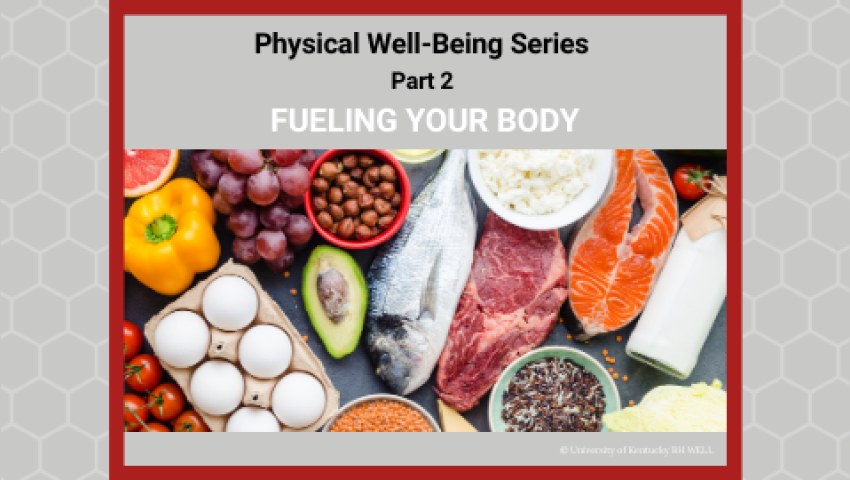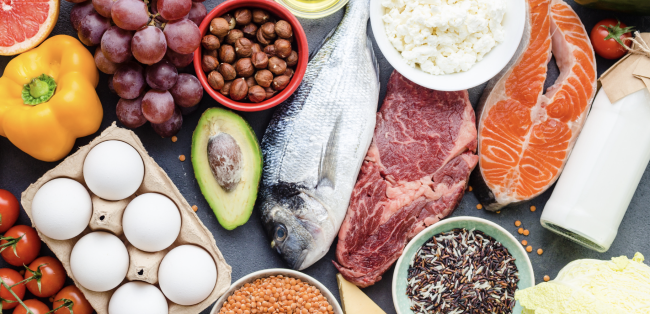Look for the rest of this series!
Sarret Seng is a psychiatric nurse at Eastern State Hospital with degrees in both psychology and nursing. About her own physical well-being, she says,
“Personally, I have found that training to get better at certain activities, specifically Brazilian Jiu-Jitsu, Muay Thai, and rock climbing, keeps me motivated to care for my body while enjoying and looking forward to the training.”

